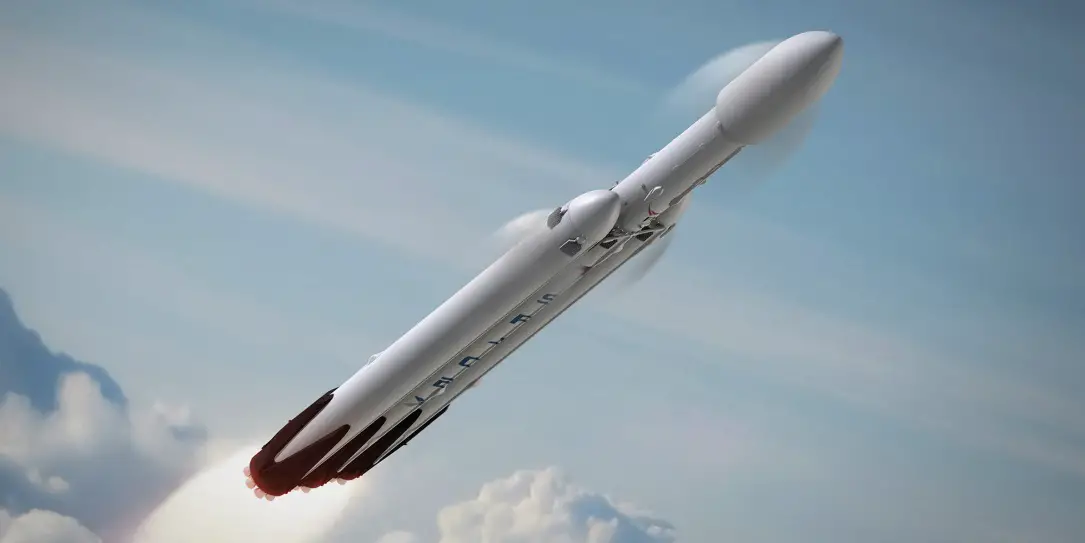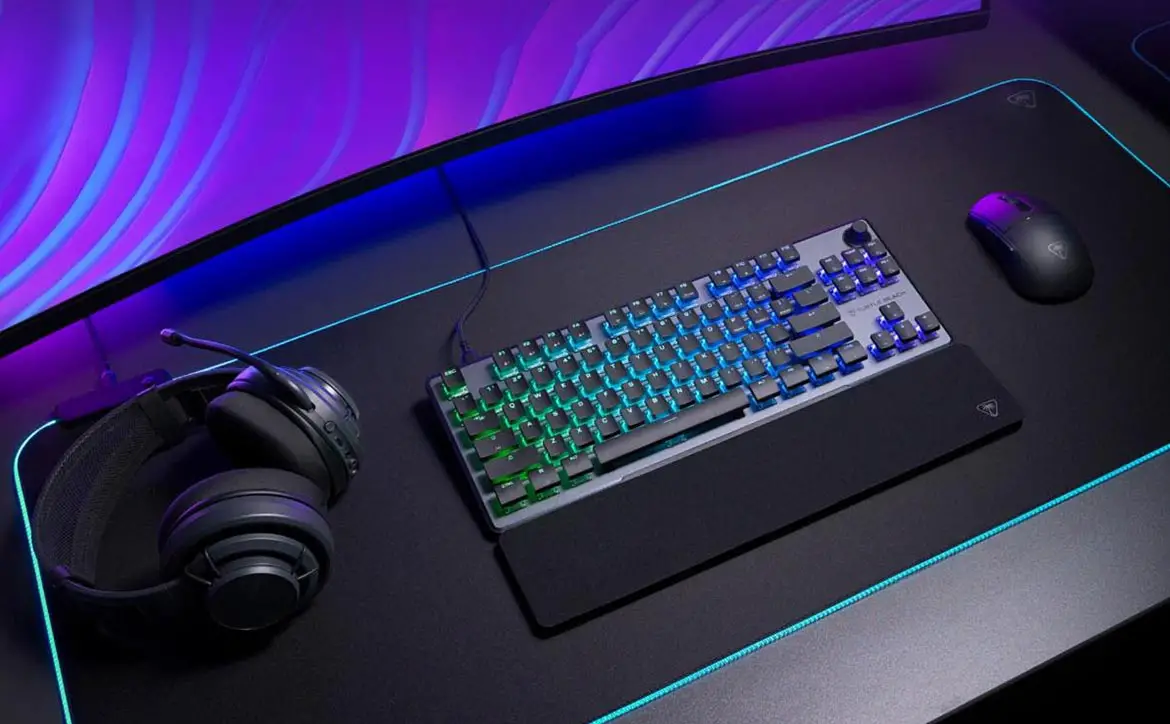If you’re anything like me, you were completely and utterly enthralled by last week’s Falcon Heavy launch from SpaceX. Seeing that rocket — the first of its kind — ascend into the sky was thrilling and represented a huge step forward in the pursuit of space exploration and science. If you took a closer look at the Falcon Heavy rocket, you’d see that each thruster was made up of several smaller engines, rather than fewer larger engines. In an interview with Ars Technica, Elon Musk explained exactly why SpaceX prefers to use a larger number of small engines, comparing the decision to computer systems.
In his answers to Ars, Musk explained:
It’s sort of like the way modern computer systems are set up. With Google or Amazon they have large numbers of small computers, such that if one of the computers goes down it doesn’t really affect your use of Google or Amazon. That’s different from the old model of the mainframe approach, when you have one big mainframe and if it goes down, the whole system goes down.
He goes on to suggest that the Falcon Heavy could conceivably lose six of its twenty-seven engines and still propel the rocket into orbit. Whereas losing a similar percentage of power from a larger engine would likely result in catastrophic failure.
As amazing as the Falcon Heavy rocket launch was, it’s going to pale in comparison to the next offering from SpaceX, the Big Falcon Rocket (BFR… just needs a 9000 at the end if you ask me 😀 ). The BFR will have only a few more engines than Falcon Heavy — 31 vs 27 — though its engines are going to be quite a lot larger and more powerful. The Merlin 1-D engine currently in use has 190,000 pounds of thrust at sea level, while the Raptor engine that’s currently being designed for the BFR has 380,000 pounds of thrust. I can only imagine how amazing it will be to see that rocket launched whenever that launch may happen.
What do you think about Musk’s computer metaphor for the composition of engines on SpaceX rockets? Tell us all about it in the comment section below, or on Google+, Twitter, or Facebook.
[button link=”https://arstechnica.com/science/2018/02/musks-inspiration-for-27-engines-modern-computer-clusters/” icon=”fa-external-link” side=”left” target=”blank” color=”285b5e” textcolor=”ffffff”]Source: Ars Technica[/button]









